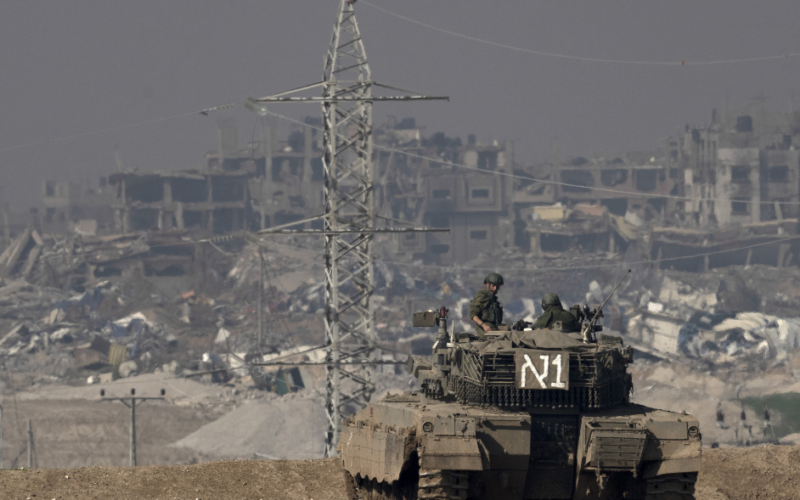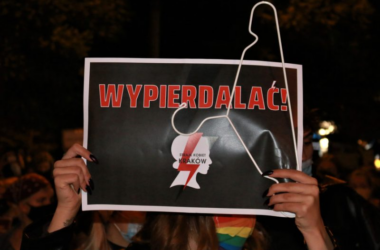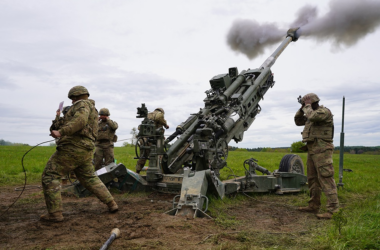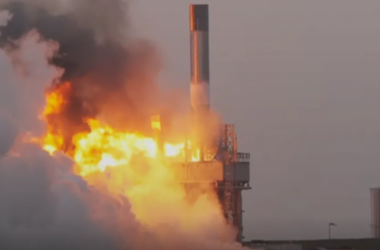In a devastating revelation, the Gaza health ministry reported that a staggering 25,295 Palestinians have lost their lives, with an additional 63,000 sustaining injuries, in Israeli strikes on Gaza since October 7. This alarming toll sheds light on the deepening humanitarian crisis in the region, as the conflict shows no signs of abating.
The recent statement from the Gaza health ministry underscores the unprecedented scale of the human tragedy unfolding in the Gaza Strip. Over the past 24 hours alone, 190 individuals have tragically lost their lives, with an additional 340 sustaining injuries. These grim figures underscore the urgent need for international attention and intervention to address the dire situation faced by the Palestinian population.
The ongoing Israeli strikes, now spanning several months, have resulted in an alarming number of casualties, overwhelming the healthcare infrastructure in Gaza. The toll on civilians, including women and children, has been particularly severe, with reports of widespread destruction and displacement adding to the gravity of the situation. The international community is grappling with how best to respond to this deepening crisis.
As news of the escalating casualties reaches the global stage, calls for an immediate ceasefire and international intervention have grown louder. Humanitarian organizations and activists emphasize the need for urgent action to alleviate the suffering of the Palestinian population. The United Nations, in particular, faces mounting pressure to play a more assertive role in brokering peace and addressing the root causes of the conflict.
The toll on civilians, including innocent men, women, and children, highlights the disproportionate impact of the conflict on the Palestinian population. The loss of lives and the sheer number of injuries have strained local medical facilities beyond capacity, exacerbating the humanitarian crisis. Efforts to provide essential services, including medical care and shelter, are hindered by the ongoing violence.
The geopolitical landscape surrounding the Israel-Gaza conflict remains complex, with regional and global powers navigating delicate diplomatic waters. The international community’s response to the crisis will undoubtedly shape the trajectory of events in the coming weeks. Efforts to promote dialogue, broker a ceasefire, and address the root causes of the conflict are crucial for establishing a sustainable peace in the region.
In addition to an immediate ceasefire, there is a growing consensus on the necessity of robust humanitarian aid and reconstruction efforts. Rebuilding Gaza’s infrastructure, including healthcare facilities, homes, and essential services, is paramount to providing a semblance of normalcy for the affected population. The international community’s commitment to supporting these endeavors will be a key determinant of the region’s post-conflict recovery.
The staggering toll of over 25,000 lives lost and 63,000 injuries in Israeli strikes on Gaza since October 7 demands urgent attention and action from the international community. The deepening humanitarian crisis underscores the need for a comprehensive approach that prioritizes an immediate ceasefire, diplomatic initiatives, and substantial humanitarian aid. As the conflict continues, the plight of the Palestinian population must remain at the forefront of international discourse, with a shared commitment to lasting peace and stability in the region.








